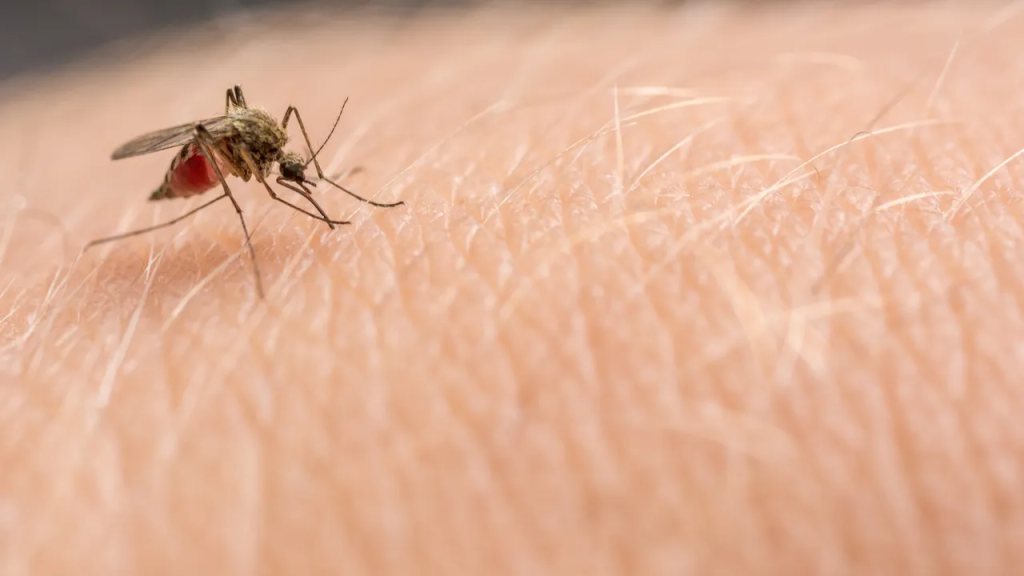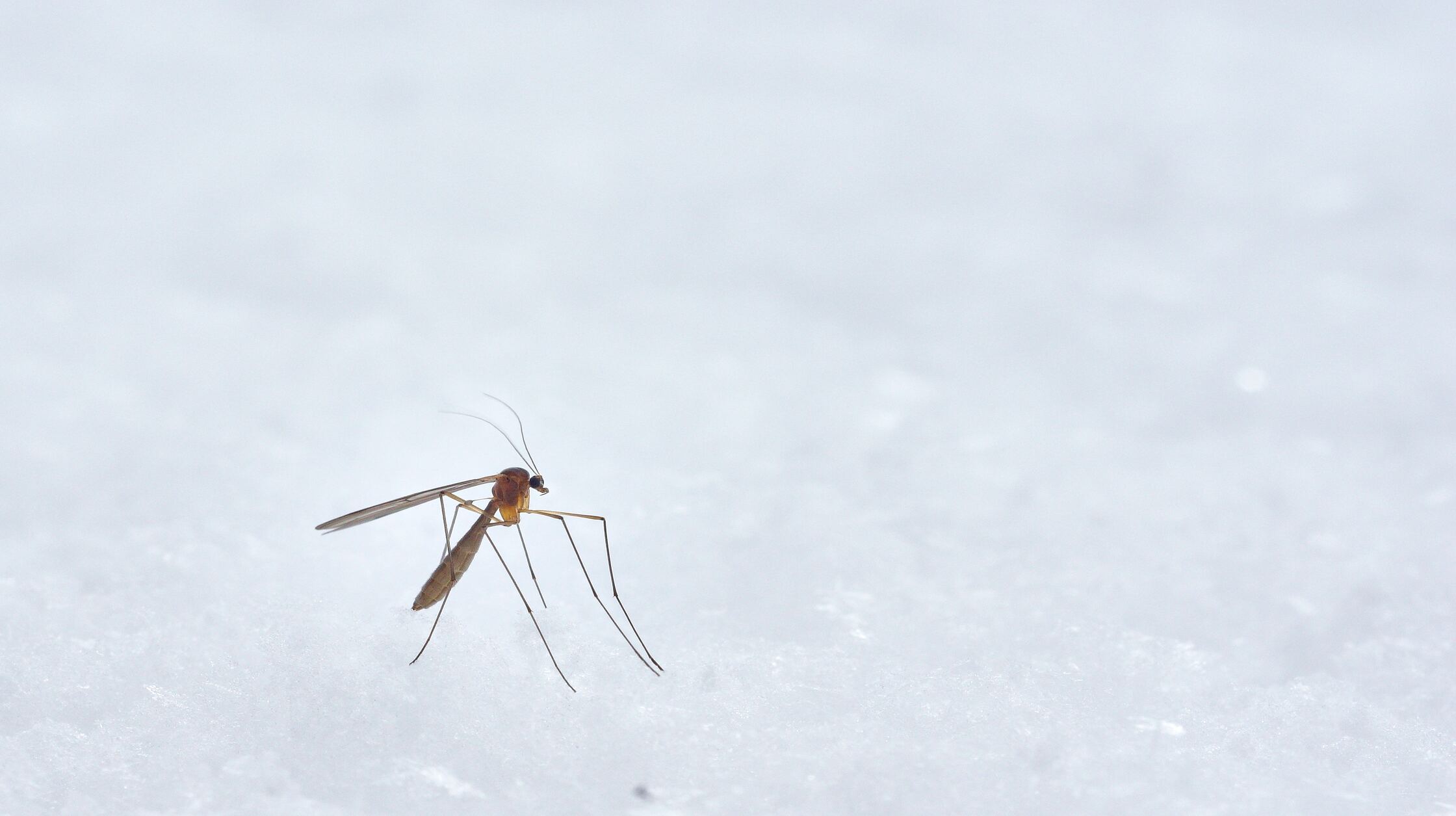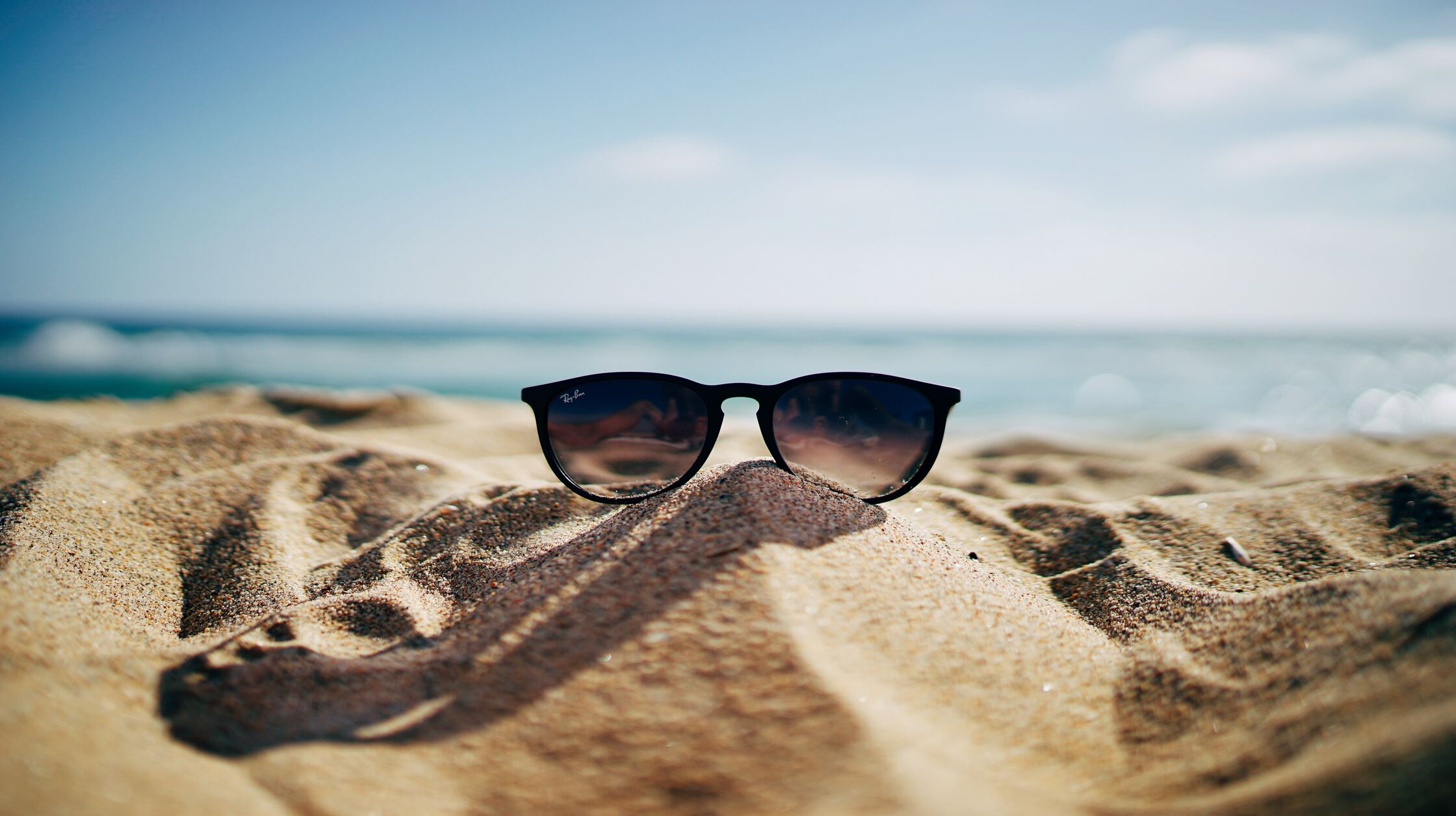It’s not every day that you hear someone claim to be the prime target of mosquitoes, but for Kim Zarins, an English professor at Sacramento State University, this is a daily reality. Such is her allure for these bloodthirsty insects that her 18-year-old son has found a silver lining in her predicament—he feels safer outdoors when she’s present, seeing his mother as a living, breathing decoy.
This unusual predicament is providing valuable insights to researchers eager to unravel the mysteries of mosquito attraction. Their ultimate goal? To develop effective methods to repel these disease-spreading insects.
Mosquitoes are far from being harmless nuisances. Their propensity for transmitting serious diseases like Zika, dengue fever, malaria, and West Nile disease result in over a million deaths annually. As our planet continues to warm, disease-carrying mosquitoes are extending their reach, posing increased threats to regions like Connecticut, California, and Arizona in the United States.
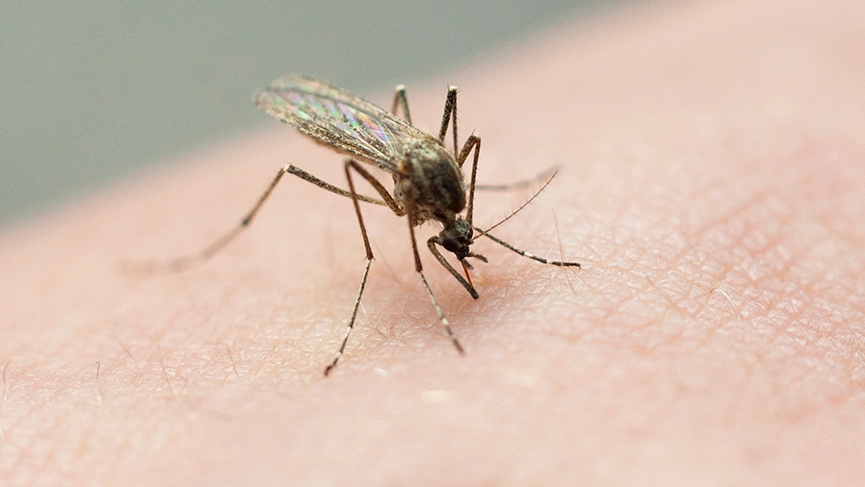
Understanding the mechanics of mosquito attraction involves a complex mix of factors. Mosquitoes are not indiscriminate in their targets. They follow a sequence of cues to home in on their victims, from distinguishing human odor to following carbon dioxide plumes exhaled with each breath, from identifying dark silhouettes against light to sensing body heat and even detecting taste with their feet to decide where to land and bite.
Diego Giraldo, a neuroscientist at Johns Hopkins and co-author of a new study investigating the attractive properties of human odor profiles to the Anopheles gambiae mosquito, notes, “It’s very striking how good mosquitoes are at detecting us.” This species, a major transmitter of malaria in Africa, demonstrated a remarkable ability to discriminate between different humans’ scents, even in a spacious environment akin to an ice-skating rink.
The study identified 15 common airborne compounds present in human odors, with varying concentrations of these chemicals determining their attractiveness to mosquitoes. Mosquitoes showed a particular preference for carboxylic acids, a type of fatty acid found in human sweat, as well as acetoin, both of which are produced by skin microbes. These findings point towards the significant role our skin microbiome plays in determining our appeal to mosquitoes.
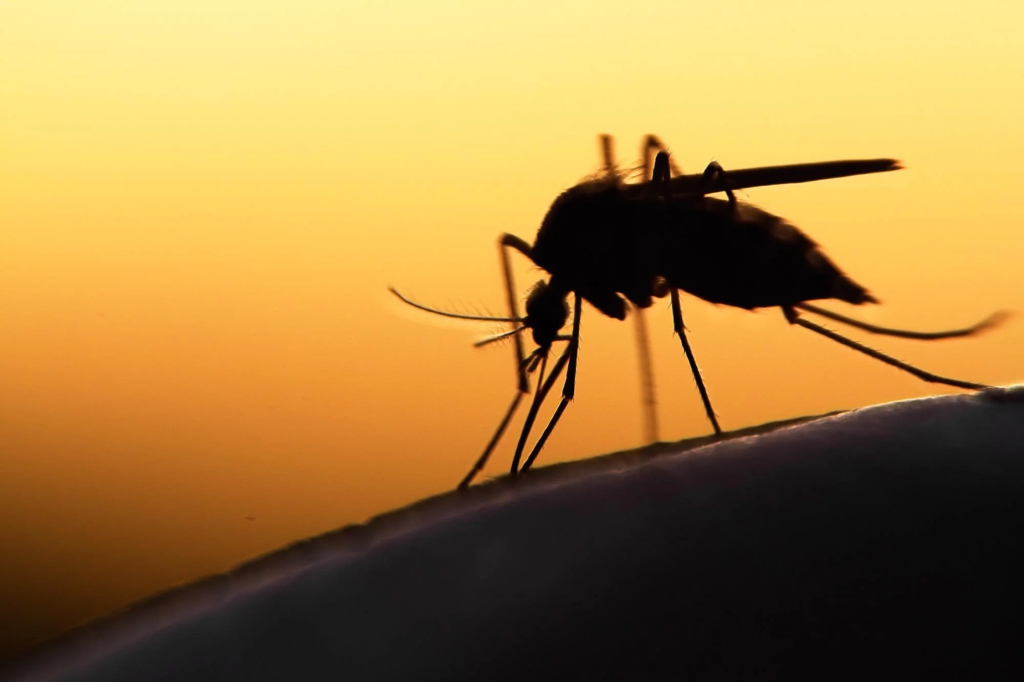
The implications of this research are profound and extend to the products we use daily, such as soaps and deodorants. A recent study revealed the nuanced relationship between personal care products and mosquito attraction. The use of soap, for example, sometimes increased a person’s attractiveness to mosquitoes. The chemical reactions between the soap and an individual’s body chemistry seem to be more influential than the soap’s chemical contents.
Finding fail-safe mosquito repellents remains a work in progress. Current suggestions range from experimenting with different soaps to wearing long, light-colored clothes, as mosquitoes tend to be attracted to dark colors. Conventional repellents such as DEET remain the most reliable defense in areas endemic with mosquito-borne diseases.
Future research may explore the potential of manipulating the human skin microbiome to reduce mosquito bites. In the meantime, people like Zarins are eagerly awaiting advancements that could free them from their unchosen roles as mosquito magnets.
